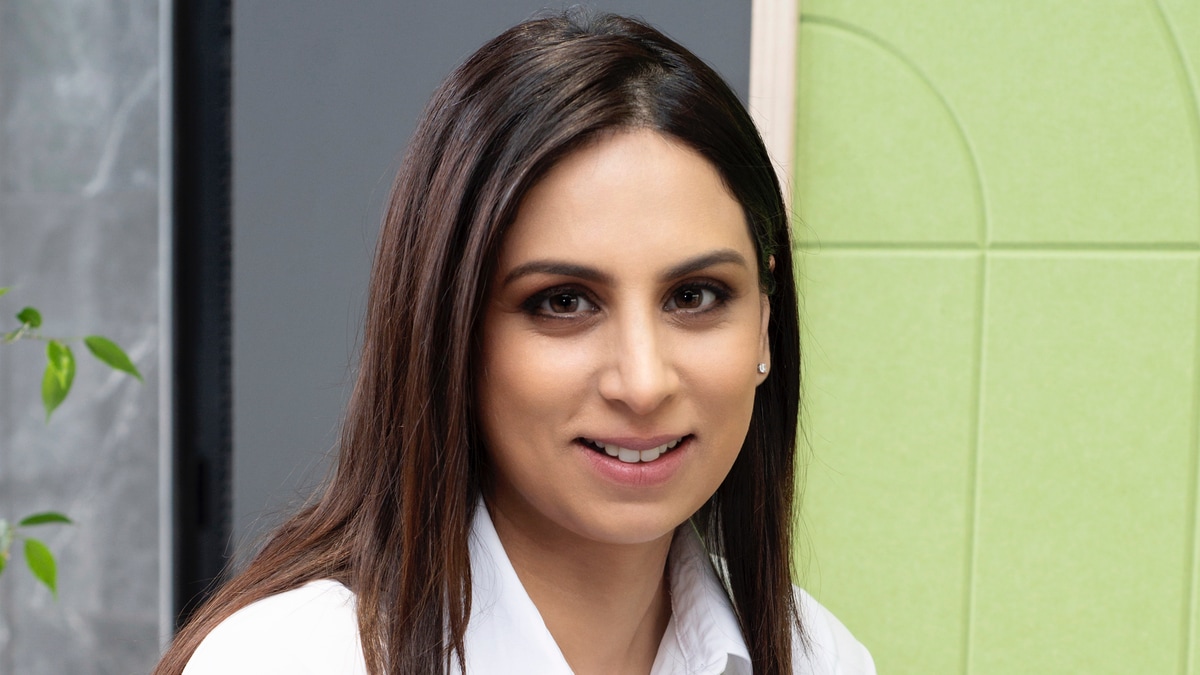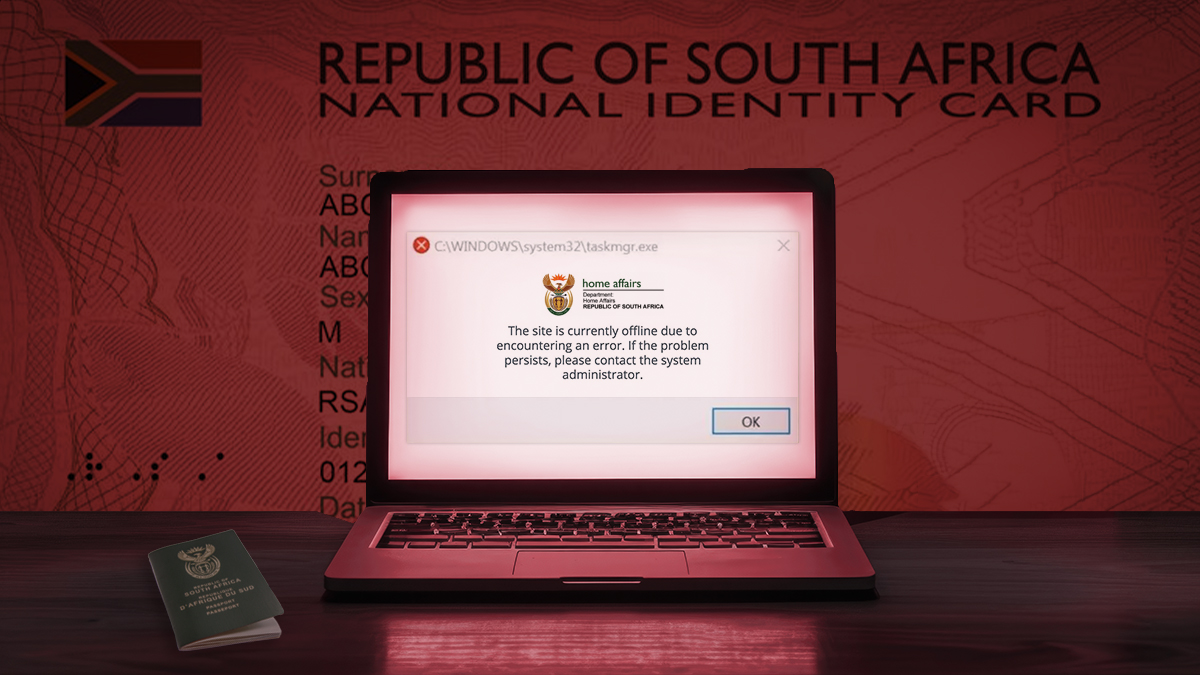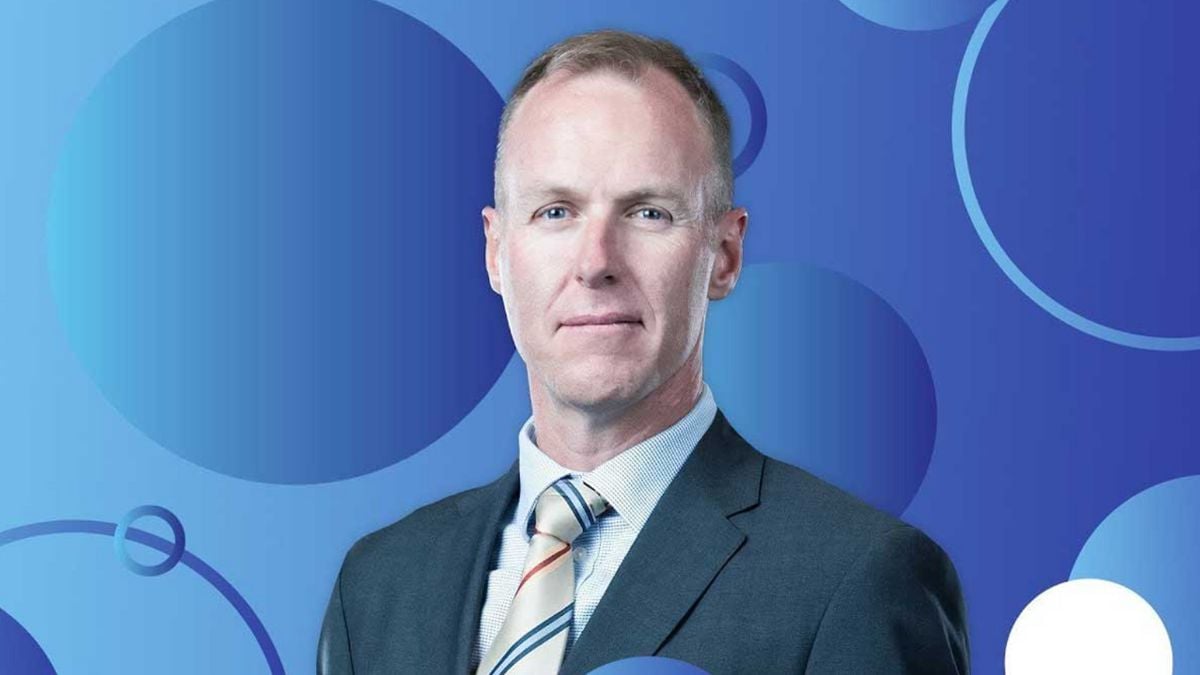Good news from one of South Africa’s top tech companies

IT services management firm iOCO, formerly EOH, has released its unaudited annual results for the six months ended 31 January 2025, revealing substantial net profit and earnings before interest, tax, depreciation, and amortisation (EBITDA) growth.
According to iOCO Group CFO, Ashona Kooblall, the reporting period represents a turning point for the company.
The jump to a net profit of R123.5 million represents a marked swing from the net loss of R91.4 million it reported for the six months ended 31 January 2024.
At the same time, EBITDA increased by 159.3% from R97 million in the previous reporting period to R252 million in the half-year ended 31 January 2025.
This came despite revenue declining from R3.1 billion as of 31 January 2024, to R2.7 billion as of 31 January 2025.
“The company has delivered its first profitable interim period in three years, driven by disciplined execution, strategic cost management, and a streamlined operating structure, which is yielding clear benefits,” it said in a statement.
“Despite a 6.4% revenue decline, iOCO achieved a 159.3% increase in EBITDA.”
According to iOCO co-CEO Rhys Summerton, the results demonstrate the firm’s stability and improved financial position and that it is well-positioned for growth.
“Onerous or loss-making businesses have been eliminated, with a renewed focus on core competencies,” he said.
The company reported headline earnings per share of 19 cents for the six months ended 31 January 2025 — a marked improvement over the loss per share of 11 cents for the same period the year before.
“All profit margins have shown health increases, with gross margin up from 27% in HY2024 to 30% in HY2025, operating margin up from 0.3% to 7.8%, and EBITDA margin up from 3.1% to 9.2%,” it said.
Kooblall said the period marks a turning point for the firm, adding that the results of its efforts to drive efficiencies, focus on value creation, and improve cash flow are clear.
“Six consecutive months of profitability and a solid foundation for long-term value creation as we continue to focus on growth initiatives, strategic investments, and working capital management to maintain momentum,” she said.
Other operational highlights include software revenue growing by 15% and contributing to a 54% improvement in EBITDA, resilient performance in international markets, and ongoing expansion efforts.
iOCO’s results for the six months ended 31 January 2025 are summarised in the table below.
| Measure | 31 January 2024 | 31 January 2025 | Change |
|---|---|---|---|
| Revenue | R3.1 billion | R2.7 billion | -13.10% |
| Profit/loss | (R91.4 million) | R123.4 million | 235.00% |
| EBITDA | R97 million | R252 million | 159.30% |
| EBITDA margin | 3.10% | 9.20% | 6.1 ppts |
Weathering the storm
iOCO has come through a tumultuous time precipitated by corruption investigations and an asset firesale to pay down its unsustainable debt burden.
Over the past decade, investors in iOCO have experienced significant pain, with its share price plummeting by 99%.
After ending its freefall, it has been one of the best-performing stocks on the JSE over the past year, gaining over 175% in the past twelve months.
Before its decline, iOCO, then EOH, was a phenomenally successful technology company and investor darling.
The company’s revenue increased consistently from 2001 to 2017, from R59 million to R15 billion. Its share price boomed as investors wanted a piece of the company.
However, in 2017, media reports began calling into question some contracts between EOH and several government departments.
Several bids for tenders with government departments were rigged, customers and suppliers were defrauded, and there was a significant amount of petty corruption.
EOH executive Jehan Mackay was implicated in the bribery scandal to obtain government contracts between 2015 and 2016.
In 2020, EOH gave testimony to the Zondo Commission on its involvement in government corruption and state capture.
In 2017, the company won a tender of almost R300 million to update the Department of Home Affairs’s population register system, but as of 2022, no work has been completed.
A subsequent investigation by forensic accounting firm Nexia SAB&T revealed that the company beat its competitors in a “corruption-infested” bidding process.
As a result, EOH’s CEO resigned and was replaced with Stephen van Coller, who was tasked with saving the company.
Van Coller inherited a company with R16.3 billion in revenue, a net profit of R288 million, equity of R8.1 billion, and 11,500 employees.
However, the company’s debt burden weighed heavily on its operations and became a growing concern as some lenders, spooked by the corruption revelations, were asking questions about whether EOH would be able to repay its loans.
Van Coller began firing employees implicated in financial maleficence and renegotiated problematic contracts.
He also testified at the Zondo Commission, sued former executives for R6.4 billion, and laid criminal charges against employees implicated in corruption.
This cost the company a lot of money and resources, which could have been better spent on growing its businesses.
Van Coller also tapped shareholders for additional capital to reduce debt and slashed costs. He also sold many of the company’s best-performing assets.
When Van Coller left the company in March 2024, it was a far smaller company with only R6 billion in revenue and posted a loss of R54 million for the year.
EOH’s share price hit a low of R1.05 per share as investors ran for the hills, having lost faith in the company’s turnaround promises.
Leadership shakeup

After Van Coller’s departure, EOH’s revenue kept slipping. However, following a leadership shakeup, there are now green shoots at the company.
Van Coller was briefly followed in the hot seat by former executive chairman of EOH Andrew Mthembu, who resigned after two months at the helm in May 2024.
Another interim CEO, Marius de la Rey, replaced Mthembu. This was the latest in a dramatic boardroom shakeup, with activist shareholders pushing for dramatic changes behind the scenes.
On 10 May 2024, EOH revealed in a SENS announcement that certain shareholders had approached it regarding a succession plan for the company’s board.
This marked a turning point for the company’s share price, with activist shareholders snapping up shares to increase their influence over the company.
Crucially, other shareholders appeared to be more positive about the company after the company’s SENS announcement, with EOH’s share price appreciating by 20% in the following month.
The positive momentum continued as activist shareholder and board member Rhys Summerton continued buying shares in the company.
In the meantime, De la Rey’s efforts to stabilise the company and implement further cost-cutting measures were bearing fruit.
The company announced in December 2024 that it would change its name to iOCO, a vital step in shifting the public perception of the company.
Positivity also surrounded the simultaneous announcement of the first permanent co-CEOs since Van Coller, with shareholders Rhys Summerton and Dennis Venter ascending to the helm.
Summerton and Venter said they would not draw any salaries or directors’ fees, and would instead be rewarded through the shares they own in the company.
In a letter to shareholders, Summerton said they will begin to implement a 3-phase strategy to put iOCO onto a sustainable path.
The three phases of their strategy are cost rationalisation, decentralisation, and resource allocation.
“We have worked closely with Marius and Ashona in implementing the cost rationalisation phase of the plan,” said Summerton.
“We thank Marius for his efforts in implementing this unpleasant — but necessary — process, and we wish him well in his future endeavours as he leaves the group this February.”
































